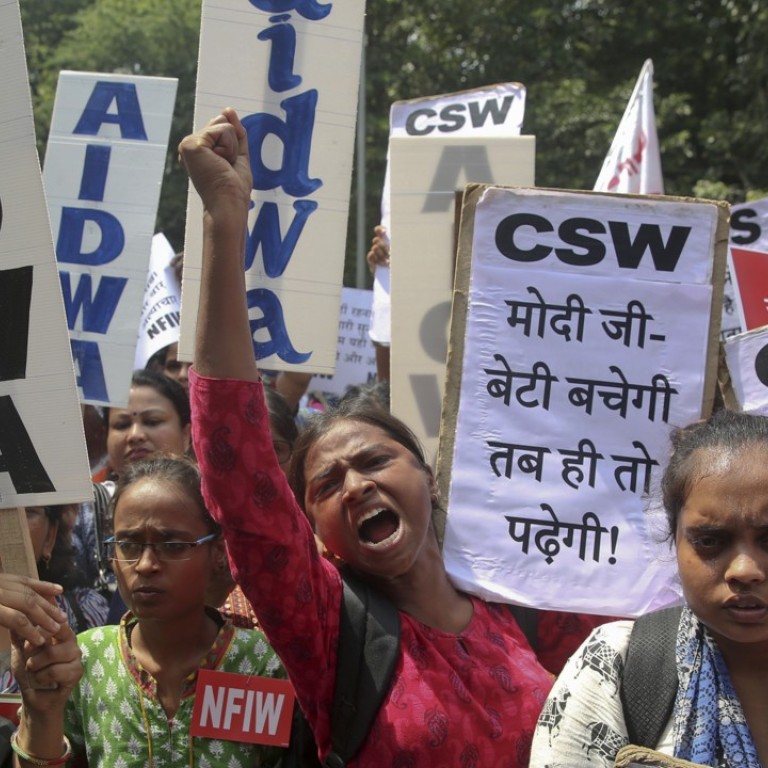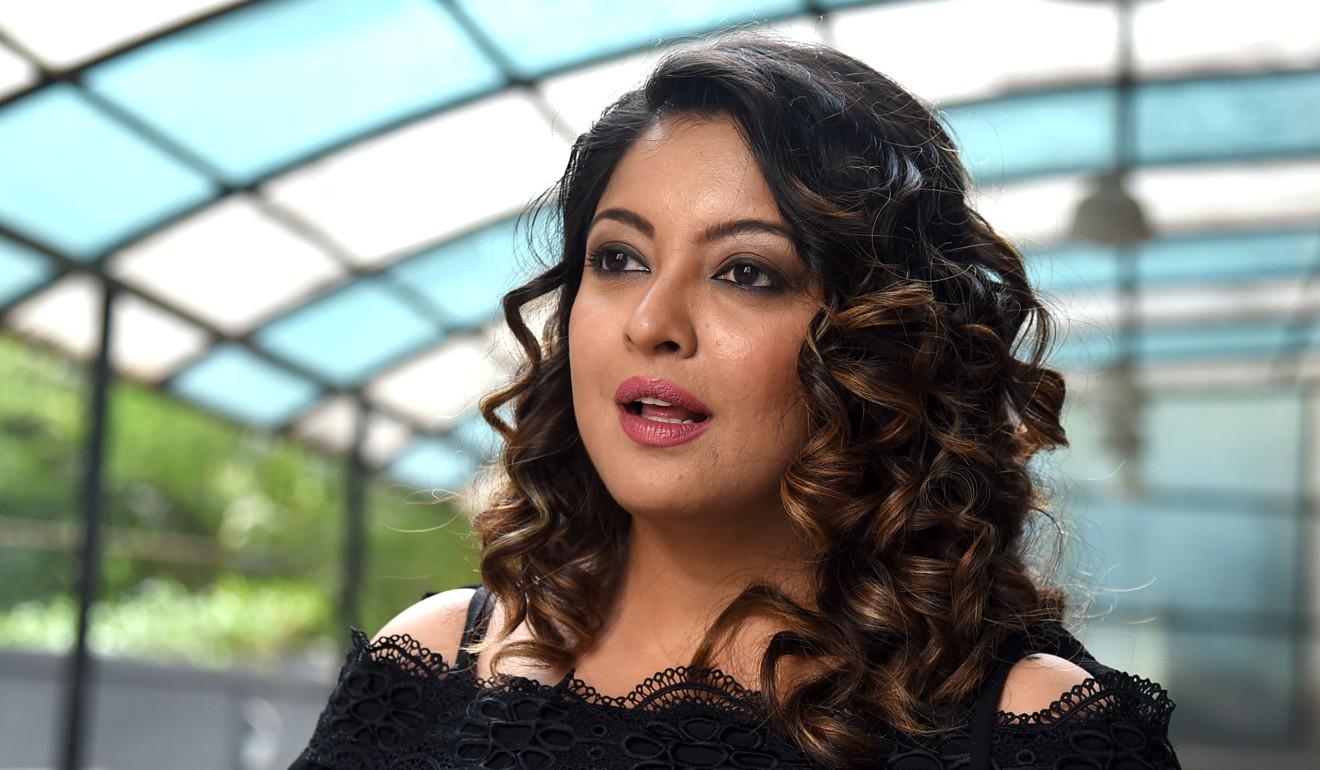
#MeToo in India: a true revolution against sexual abuse must begin at home
Priya Virmani says centuries of subjugation have made women in India easy prey for sexual predators. Now is the time to ride the momentum of the #MeToo movement to demand change – particularly at home, where much of the abuse occurs

Last year, I gave a talk in Kolkata on the #MeToo movement that was taking shape in the West. The response I received was overwhelming. Many women across the age spectrum came to me and spoke about their stories of violence, assault and abuse at the hands of men, mostly men in their lives – relatives, husbands, boyfriends and bosses.
Until the hypocrisy within the family is faced up to, real and lasting change will not come
They also shared stories of children being violated, mostly within the family space. They were speaking in confidence, they said, but I fervently hoped they would find the courage to speak out, that #MeToo would reach India and give the perpetrating men no place to hide.
Patriarchy has been entrenched in Indian society for centuries and, despite social progress in some areas, is still practised today in the most obnoxious ways, overtly and covertly.
Women are kept subjugated by the knowledge that revealing men’s predatory behaviour would carry disproportionate consequences for them – their reputations and livelihoods may be harmed and, in some cases, their lives threatened.
Indian schoolgirls beaten by mob after protesting harassment
In India, a woman who goes out to work often does so by challenging her family and the view that her place is at home. When she suffers abuse in the workplace, given that the power dynamic at work and the social conditioning at home are both stacked against her, where could she go for help?
Watch: Indian actress Zeenat Aman reflects on her career, Bollywood and life
Thus, few women who suffer abuse speak up. In the past, even women with family backing stood no chance in the face of their abuser’s might. Today, even though women are becoming braver in speaking up, holding their abusers to account is still an uphill task.
And yet, people watching outside the gladiators’ ring have the audacity to question why the women speaking up now did not do so before. Did Indian society’s egregious conditioning allow women the space to hold their powerful abusers to account? Let alone being believed, would they have even been heard?
Ten years ago, actress Tanushree Dutta did make a complaint and reported the harassment she was facing then, but nothing came of it.
India’s top court nudges the country in a progressive direction
Almost all of the men named so far have “operated” under the “safe cover” of being married men and fathers and, in some cases, even grandfathers. It is striking how the wives of the accused have exercised an eerie and complicit silence – not even one named man's wife has discredited their behaviour.
On the contrary, actor Alok Nath’s wife, Ashu Singh, filed a court application urging an investigation of what she claimed was a false accusation, after he was accused by writer Vinta Nanda of rape. In another case, an ex-wife has come out in support of her accused former husband.
Are their responses a result of the social conditioning that the Indian marriage is more sacrosanct than human dignity itself? Are they safeguarding their financial dependency, or the father of their children?
It is the complicity of women that often makes the Indian family the perfect hiding place for abusers. Until the hypocrisy within the family is faced up to, real and lasting change will not come.
Statistics show that many cases of abuse towards women and children happen within the home. According to 2014 figures, 86 per cent of rapes were committed by close family members such as fathers, brothers and uncles, as well as neighbours, employers, colleagues and friends.
So it is extremely pertinent that the #MeToo movement reaches the family. This movement must not be limited to workplace sexual harassment. To redress and root out the scourge of gender-based exploitation and, more importantly, the thinking that underpins it, all abuse must be addressed. Period.
Today, India’s women have an unprecedented chance to be heard and be counted. If we can brave the challenge together, courageously and meaningfully, women for generations to come will thank this generation for standing up. This #MeToo movement is as significant as, if not much more so than, women getting the right to vote.
Dr Priya Virmani is a political and economic analyst
